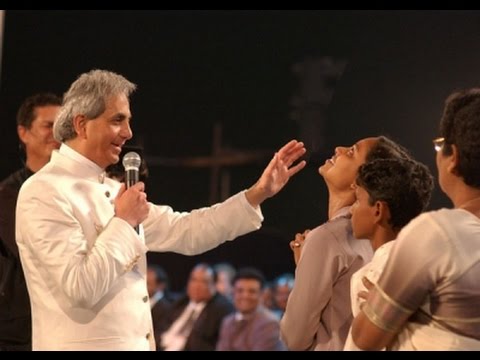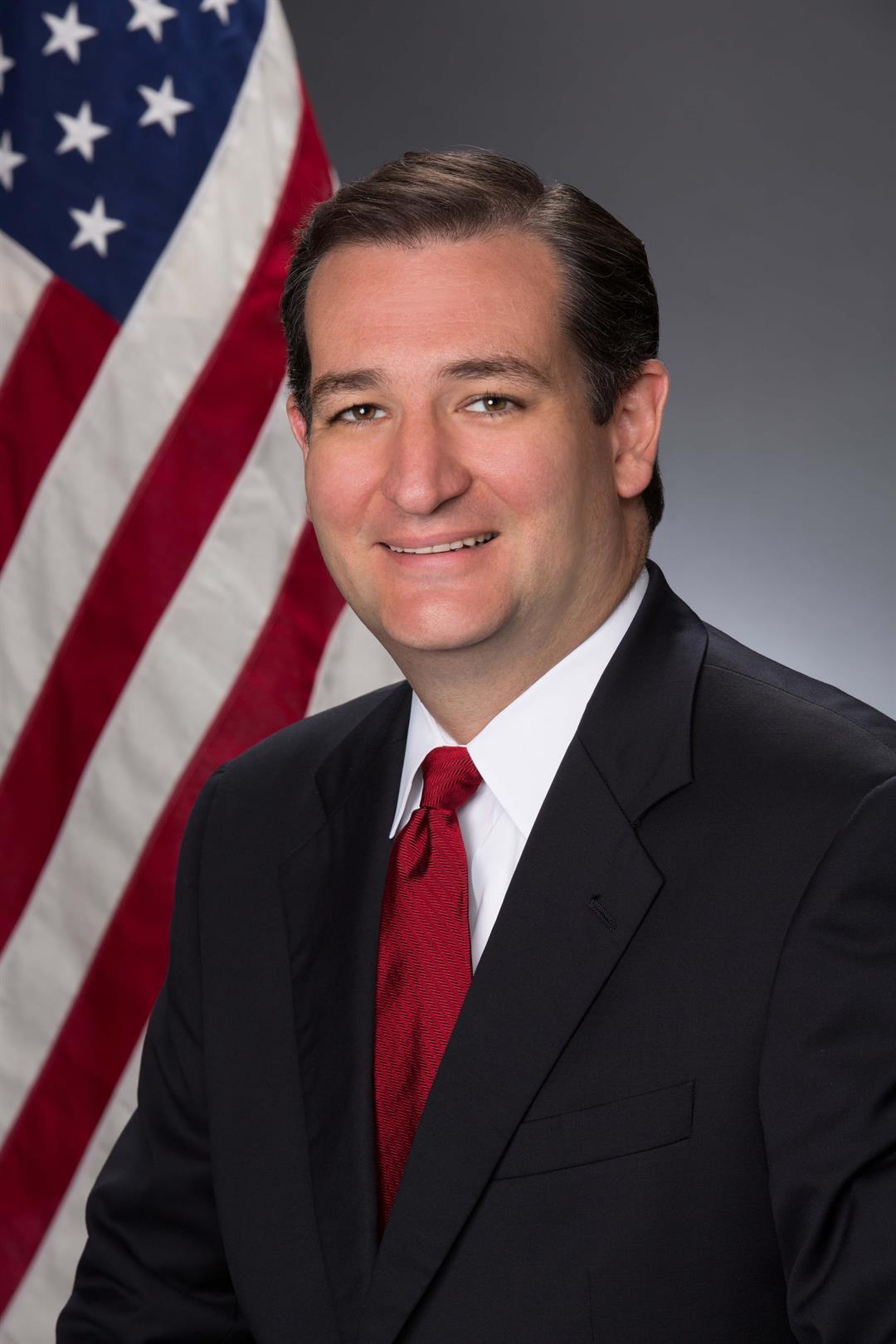2 Kings 2:1-2, 6-14
Learning To See
James Sledge June
26, 2016
A
distinctive feature of Presbyterians is that we ordain not only pastors or
teaching elders, but also ruling elders and deacons. All three take the very
same ordination vows, plus a vow specific to each ministry area. Because they are
ordained or “set apart,” deacons and ruling elders are also required to have
training and to be examined “as to their personal faith; knowledge of the
doctrine, government, and discipline contained in the Constitution of the
church; and the duties of the ministry.”[1]
As
part of this training, elders and deacons here at FCPC utilize an online video
series that includes a helpful study guide. We also ask them to write a
personal faith statement, and one of those study guides provides helps for this.
It lists a number of faith topics and then asks people to complete “I believe…” statements about each
one. People jot down thoughts on what they believe about God, sin, Church,
humanity, scripture, and so on, the sort of things you might expect someone to
include in a personal faith statement or creed. But one of the belief topics initially
struck me as a bit odd: “End times.”
End
times. This in the study guide of a very Presbyterian, academically oriented,
video. At first I planned to skim the topic in training. I was never asked about
end times when I was going through the ordination process for pastor. Surely
this was something of a fringe topic.
But the more I thought about it, the
more I realized how important the topic actually is. If Church leaders do not
have a picture of what God is up to in the world, of the future that God will
bring, how can we show the world the hope of God’s new day? When Martin Luther
King said, “The arc of the moral universe is long, but it bends toward
justice,” he could do so because he had a clear sense of God’s purposes, of where
history is ultimately headed.
_______________________________________________________________________________
I
wonder if being able to see God’s purposes and ends isn’t a part of today’s
story about Elijah, Elisha, fiery horses, and chariot. I’m thinking of the part
where Elisha asks Elijah to inherit a “double share” of his spirit. That
request may not be what you think. A “double share” was the inheritance
typically given the eldest son who would carry on the family lineage. Elisha is
asking that he be successor, the one to continue Elijah’s ministry.
Elijah
gives a strange answer to this request. It depends. It depends on whether or
not Elisha has learned how to see things that are not earthly but heavenly. It
depends on Elisha knowing how to see beyond the sphere of human activity and glimpse
the work of the divine.









